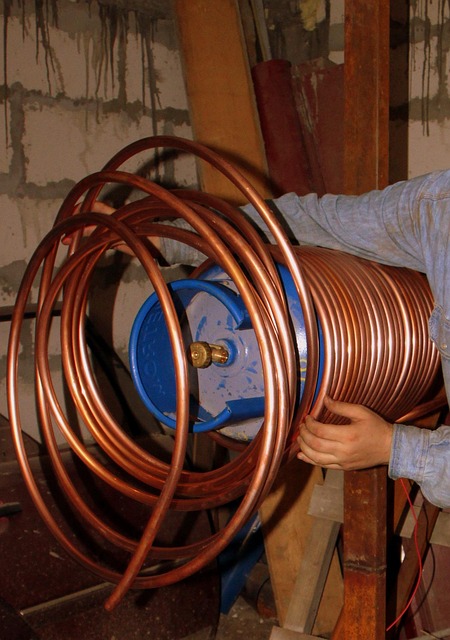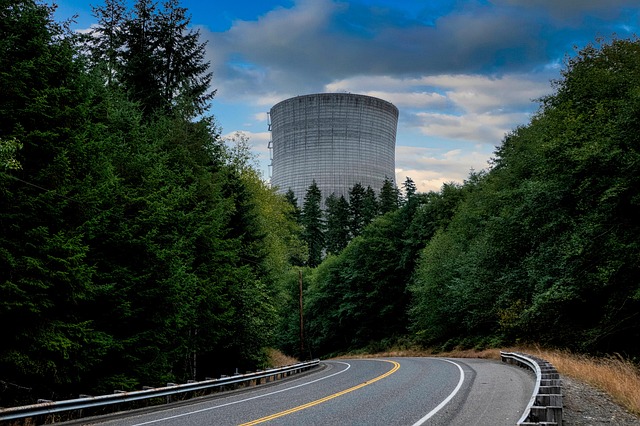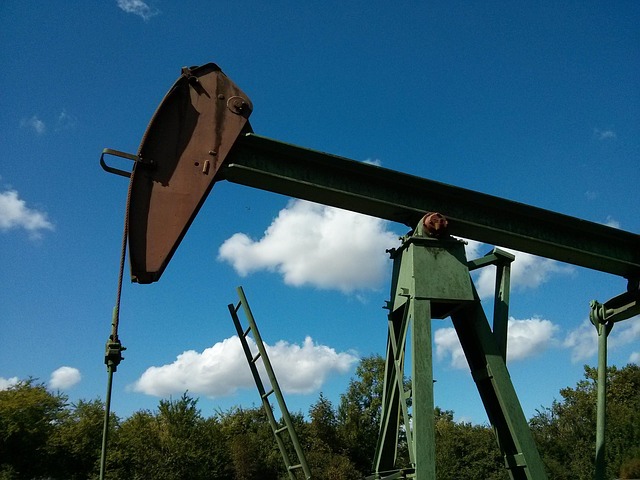Stricter energy codes worldwide drive demand for sustainable homes, focusing on reducing residential energy consumption. This shift pushes adoption of advanced electric water heating technologies like tankless systems and electric storage heaters, which offer significant energy savings and comply with standards set by organizations like the International Energy Agency (IEA). High-efficiency electric water heaters optimize energy usage, reduce utility bills, and minimize environmental impact, while compact designs and smart controls enhance versatility and comfort. Installation and maintenance require strict adherence to energy codes and regular maintenance for optimal efficiency, safety, and longevity.
In recent years, stringent energy codes have pushed the limits of water heater efficiency. As a response, high-efficiency electric water heaters have emerged as a powerful solution for both residential and commercial applications. This article delves into the evolving landscape of energy codes affecting water heaters electric, exploring the advantages of high-efficiency models and navigating installation and maintenance requirements to ensure optimal performance and compliance.
- Understanding Stricter Energy Codes for Water Heaters
- Advantages of High-Efficiency Electric Water Heaters
- Navigating Installation and Maintenance Requirements
Understanding Stricter Energy Codes for Water Heaters

Stricter energy codes for water heaters are becoming increasingly common worldwide as governments and regulatory bodies push for more sustainable and efficient homes. These codes often mandate specific energy-efficiency ratings for electric water heating systems, aiming to reduce overall energy consumption in residential buildings. Electric water heaters, once considered a standard option, now face heightened scrutiny due to their significant impact on household energy bills and carbon footprints.
Understanding these evolving regulations is crucial for both homeowners and industry professionals. Many countries are adopting more stringent standards, such as those set by the International Energy Agency (IEA), which focus on improving the overall efficiency of electric water heating technologies. This shift encourages a move from traditional tank water heaters to more advanced systems like tankless electric systems (also known as point-of-use heaters) and electric storage heaters. These alternatives offer significant energy savings, making them increasingly popular choices for those looking to comply with stringent energy codes while enjoying cost-effective and efficient home water heating solutions.
Advantages of High-Efficiency Electric Water Heaters

High-efficiency electric water heaters offer a range of advantages that make them an increasingly popular choice for both new installations and retrofits in residential settings. These advanced systems are designed to optimize energy use, leading to significant cost savings for homeowners. By employing cutting-edge technology, such as improved insulation and more efficient heating elements, these water heaters can provide hot water at a faster rate while consuming less electricity than traditional tank water heaters. This results in reduced utility bills and a smaller environmental footprint.
Moreover, electric water heating systems are known for their versatility and compact design, making them suitable for various applications, including point-of-use heaters and instant electric heaters. Tankless electric systems, for instance, eliminate the need for large storage tanks, saving valuable space and reducing the risk of heat loss. This makes them ideal for smaller homes or apartments where space is limited. Additionally, residential electric heaters, especially those with smart controls, allow for precise temperature management, ensuring energy efficiency and comfort throughout the year.
Navigating Installation and Maintenance Requirements

Navigating Installation and Maintenance Requirements for Electric Water Heaters
When installing high-efficiency electric water heaters, adhering to stringent energy codes is paramount. This involves careful consideration of factors such as proper insulation, efficient wiring, and adherence to safety standards. For residential electric heaters, tankless electric systems, or point of use heaters like instant electric heaters, the process demands meticulous planning to ensure optimal energy efficiency and safety.
Regular maintenance plays a crucial role in keeping electric hot water systems running smoothly. This includes periodic checks for leaks, inspections of electrical connections, and monitoring of heating elements. For tank water heaters and electric storage heaters, scheduled maintenance is essential to prolong their lifespan and maintain peak energy performance. Electric heating, whether through traditional tank systems or innovative tankless solutions, requires ongoing care to ensure a comfortable and efficient home water heating experience.
High-efficiency electric water heaters are a game-changer in meeting stringent energy codes, offering significant advantages over traditional models. By understanding the evolving regulations and the benefits of these advanced systems, homeowners and professionals alike can make informed decisions to ensure energy efficiency and reduce environmental impact. Navigating the installation and maintenance requirements ensures these heaters perform optimally, providing hot water while contributing to a more sustainable future.
